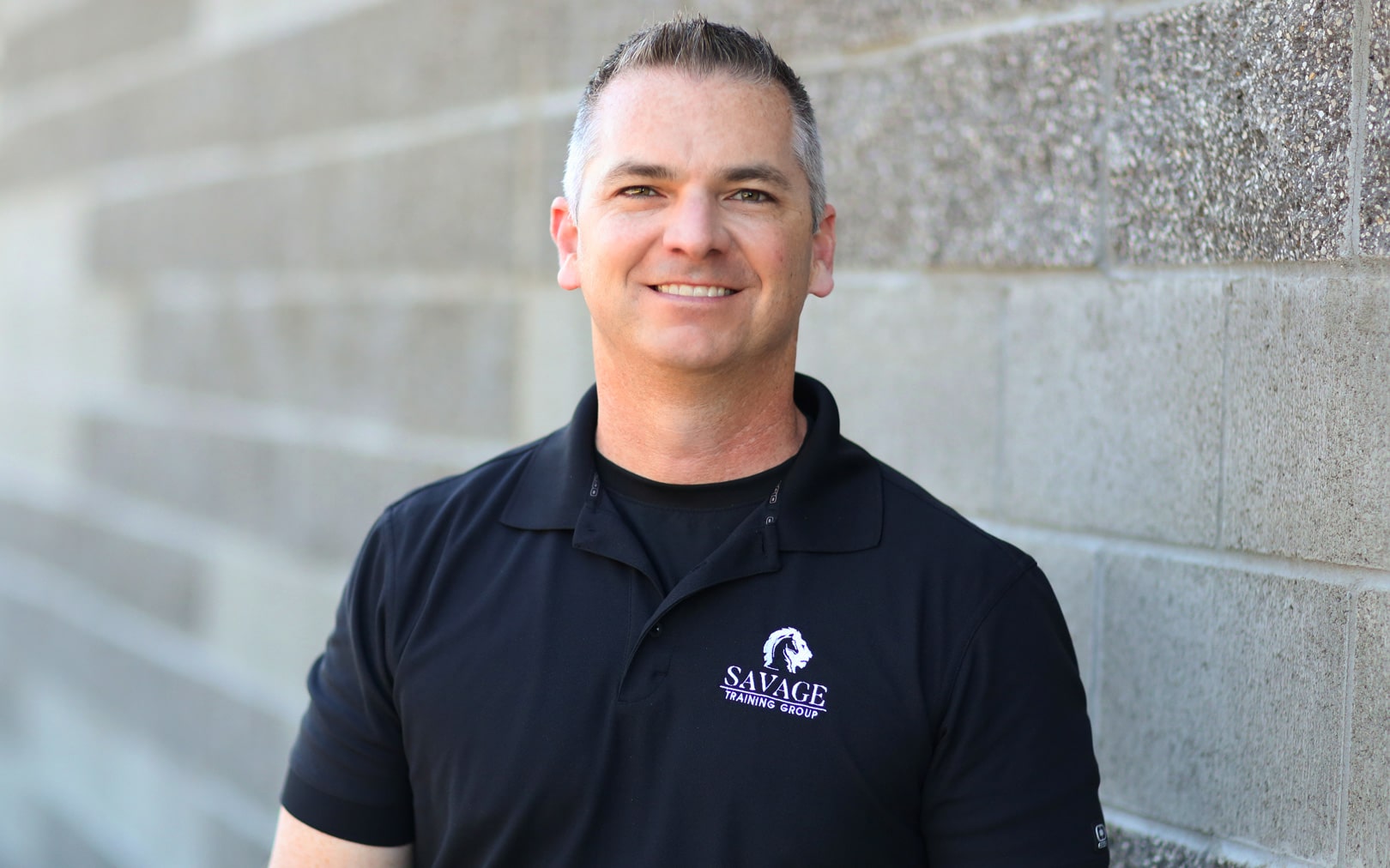
Why I Changed My Mind About Police Interrogation
by Scott Savage
Founder, Savage Training Group
The Savage Training Group is a law enforcement training organization who provides advanced training all over the Unites States. Their Science-Based Interviewing training course provides an ethical and effective methodology for law enforcement investigators.
I was a cop for 24 years. And for most of that time, I never believed someone would confess to something they didn’t do.
My reasoning was simple: I would never admit to something I didn’t do no matter what kind of interrogation tactics were used on me. For example, if a detective told me they had video of me committing a burglary, I’d laugh in their face. That’s just who I am. I’m confident. I’m comfortable under pressure. I’ve been in high-stakes situations for years.
But I eventually realized something critical: that confidence came from knowing exactly what those interrogation tactics were. I knew the game. I knew the tricks. And that’s not true for most people who find themselves in a police interview room.
Yes, sitting in that room and being falsely accused would be stressful but it wouldn’t overwhelm me. I’d brush it off. But not everyone can do that. Not everyone is equipped with the mental resilience or background to withstand high-pressure tactics especially when the interrogator is using psychological strategies like false evidence ploys.
(For those unfamiliar, a false evidence ploy is when the police tell a suspect they have evidence—like video footage or fingerprints—when they really don’t.)
I was trained to conduct investigations just like most officers in America. While I never attended a course formally branded as the “Reid Technique,” I attended plenty of courses that were derivatives of it and they taught the same fundamentals.
Here’s how we were taught to conduct interviews:
You’d bring the suspect into the room and start with a Behavioral Analysis Interview a series of seemingly harmless questions: “What’s your name?” “What do you do for work?” “Where do you live?” The real purpose wasn’t to gather information, it was to establish a baseline of behavior, or what some call a “truth-telling style.”
After that, we’d shift gears. We’d start to confront the person often by using a false evidence ploy. For example, we might say, “Is there any reason your fingerprints would be at the scene of the crime?” That phrasing allowed us to backpedal if necessary. If the person denied it and scoffed, we could drop the claim. But often, the suspect would respond with something like, “Well, I’ve been in that house before,” and now they’d feel obligated to explain why starting down the path of crafting a story.
At this point, we’d move from interview to interrogation. The goal? Get the person to make small admissions. Then we’d introduce a theme a moral justification they could agree with that didn’t sound so bad.
It might sound like:
“You didn’t rob the bank to get rich you did it because times are tough. You’ve got a family to feed. I can understand that. I think the courts would understand that. But you’ve got to tell me if that’s why you did it.”
And sometimes, under this kind of pressure, even innocent people would confess.
I know that sounds hard to believe. It was hard for me to believe too. But then I started researching these interrogation techniques, the same ones still being taught to officers across the country today.
I came across the Innocence Project, which has documented countless cases where people were convicted and imprisoned for crimes they didn’t commit and later exonerated by DNA evidence. What did many of those cases have in common? The suspects had confessed.
Why? Because they were subjected to high-pressure, coercive, guilt-presumptive tactics. In many cases, they were told false evidence existed, and they saw no way out except to say what the detectives wanted to hear.
One need only look at some of the true-crime documentaries on Netflix to see how these tactics work — and the damage they cause.
As the founder of a professional police training company, the Savage Training Group, I was hesitant to ever offer an interviewing course. I knew how broken the training industry was in this area. But eventually, I became convinced that we had to do something radically different.
So, I dug into the research. I read the studies. I educated myself on what evidence-based interviewing really looks like. And everything pointed back to one concept: Science-Based Interviewing.
That’s why I’m proud of the Science-Based Interviewing courses we’ve developed. Because for the first time, we’re showing American law enforcement officers a better way an approach that is ethical, effective, and supported by science. These are techniques you can be proud of.
But we’re just one organization. The truth is, there are still dozens of training providers in the U.S. teaching outdated, coercive tactics—many of which are simply repackaged versions of the same technique that’s been around for decades. They’ve just rebranded it.
Call it what you want. But any technique that relies on:
- Minimization
- Maximization
- Theme development
- False evidence ploys
- And worst of all, the pseudoscience of deception detection
…isn’t just outdated. It’s wrong.
Officers deserve better.
And so does the public we serve.